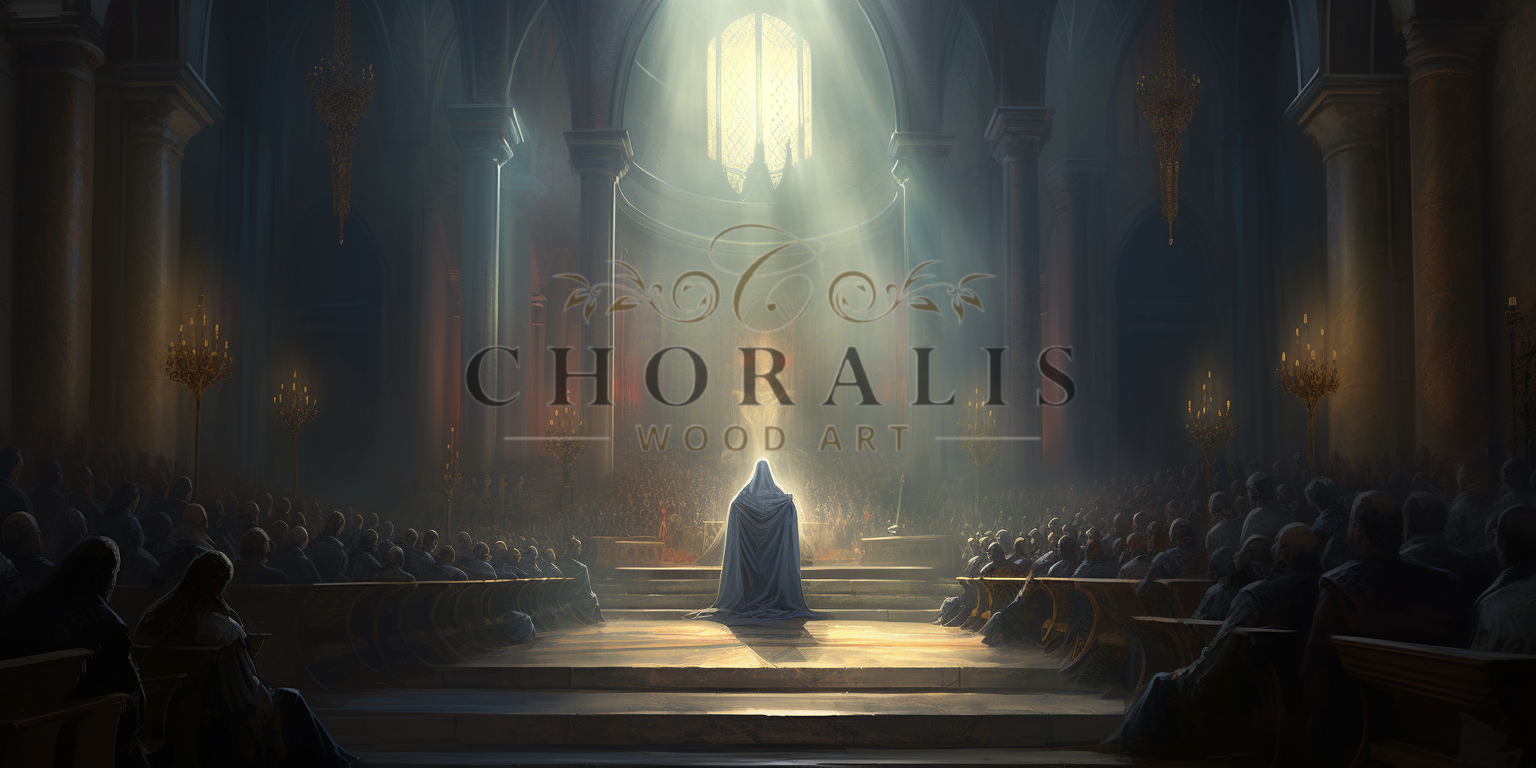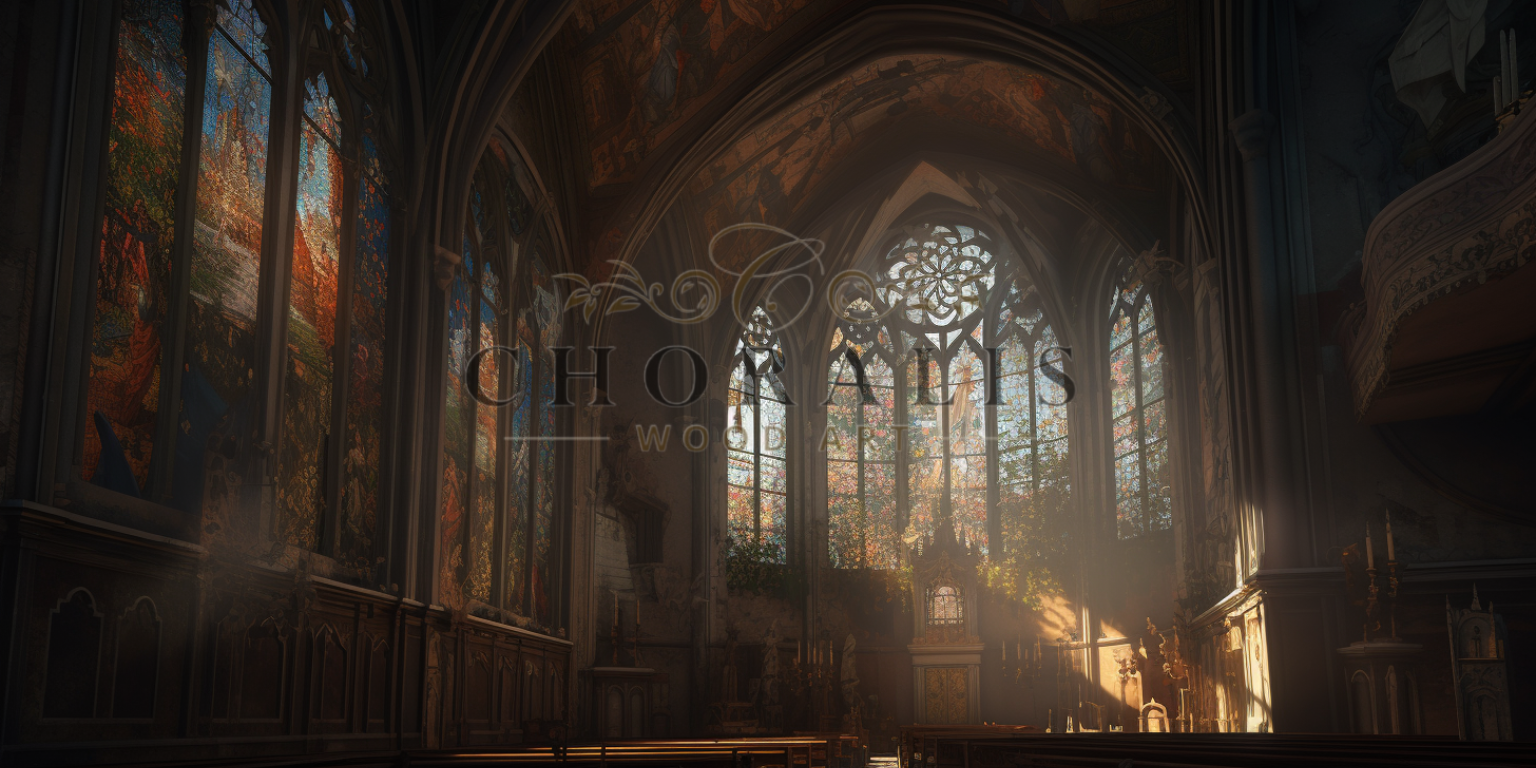Introduction
As holy places, churches hold deep meaning for those who follow Christianity. They serve as spots for devotion, prayer, and connecting with fellow believers. In this article, we will look at the origins of churches, their many purposes, and the changes in their design over time, as well as their effect on society and their place in religious history.
How did churches come about?
Long ago, people built unique structures, such as temples, for worship. As Christianity grew, followers started building churches as spaces to practice their faith. At first, these buildings were often simple, sometimes even located within private homes. The history of the church began in these modest settings, marking the start of what would become central to religious history.

What functions do churches serve?
Churches cater to various needs. Primarily, they are places where people attend religious events, participate in prayer, and engage in sacred rituals. Churches also create a sense of community by offering support and resources to their members. Additionally, they act as learning centers, hosting Bible study groups, workshops, and classes to deepen understanding of the Christian Bible and religious teachings.

The Body of Christ, the Holy Spirit, and the Universal Church
Churches play a crucial role in Christian beliefs, as they are seen as the Body of Christ, with Jesus Christ as the head of the church. The Holy Spirit is thought to live within the community of believers, guiding and empowering them. The idea of the Universal Church refers to the notion that all Christian believers, regardless of denomination or location, form a single, united spiritual community under the guidance of Jesus Christ.
Effect on society and cultural growth
Throughout history, churches have had a deep impact on society, shaping art, architecture, education, and politics. As central places for worship and gathering, they have become important landmarks, reflecting the values and aspirations of communities. Their influence can be seen in various aspects of cultural development, including the patronage of art and the commissioning of amazing architectural projects.
Which faiths include churches?
Churches are mainly connected to Christianity and its various branches, such as Catholic, Orthodox, Protestant, and Anglican. However, other religious traditions might have similar places for worship, like synagogues for Judaism or mosques for Islam, which share some common functions with churches.
Do churches come in different styles?
Indeed, there are many kinds of churches, often reflecting the architectural preferences of their respective denominations. Some common types include basilicas, cathedrals, chapels, and parish churches. These structures can range from small, modest buildings to grand, elaborate constructions, each meeting the unique needs of their communities. They are often called the house of God, a term used interchangeably with churches.

How have churches changed over time?
The design of churches has evolved throughout history. Early Christian churches usually featured simple designs and minimal decoration. As Christianity spread and flourished, church architecture became more complex and magnificent. Styles such as Romanesque, Gothic, Renaissance, and Baroque emerged, each contributing new elements and techniques to church designs. Today, churches continue to change, with modern designs reflecting current tastes and values.

When was the first church created?
The earliest known church, the Dura-Europos church in Syria, dates back to around 231 AD. This small, house-like structure was later replaced by larger, more sophisticated buildings as Christianity gained influence.
The importance of churches in the Bible
Churches hold great importance in the Bible, with many passages mentioning the gathering of believers for worship and friendship. In the New Testament, the apostle Paul often wrote to various churches, offering guidance and support. Additionally, churches play a crucial role in the ook of Revelation, where Jesus communicates with the seven churches of Asia Minor, symbolizing the challenges and successes experienced by early Christian communities.
The role of churches in religious festivals and celebrations
Churches also serve as the central point for many religious festivals and celebrations in the Christian calendar, such as Christmas, Easter, and Pentecost. These events bring the community together, enriching the lives of believers and providing a deeper understanding of the faith's teachings. By celebrating significant events from the life of Jesus Christ and other important biblical figures, churches reinforce the spiritual connection between the congregation and their shared beliefs.

Conclusion
For centuries, churches have played an essential role in believers' lives, offering spiritual nourishment, fostering a sense of community, and acting as architectural marvels that reflect the progress of faith and society. By understanding the history and purpose of churches, as well as their influence on society and religious history, we gain valuable insights into the richness of human culture and the profound impact of religious beliefs on our world. The house of God remains a powerful symbol of unity, devotion, and the enduring strength of the human spirit.























